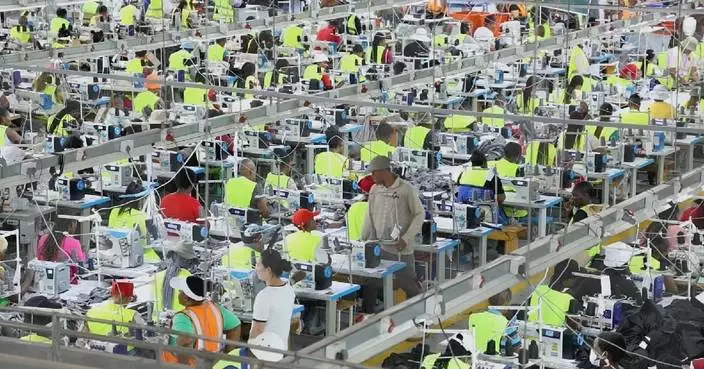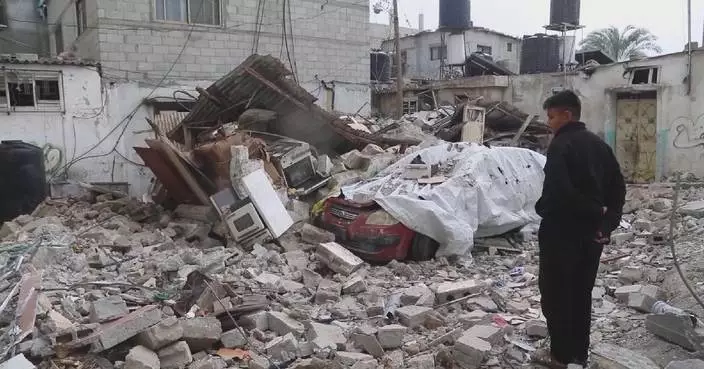The death toll in Lebanon from the ongoing Israeli attacks has risen to 2,119 since last October, with 10,019 others injured, according to a statement released Monday by the Lebanese Ministry of Public Health.
Over the past 24 hours, 36 fatalities and 150 injuries were reported in various regions of Lebanon due to the Israeli attacks, said the statement.
Lebanon-based militant group Hezbollah has been exchanging fire with Israeli forces across the Lebanese-Israeli border since Oct 8, 2023, to show solidarity with Hamas.
The Israeli military has been conducting an air campaign in Lebanon, dubbed "Arrows of the North," since Sept 23, marking a significant intensification of hostilities.
Lebanese authorities said an estimated 1.2 million people have been displaced over the last year, most of them within the past two weeks.
Israel's mass forced displacement campaign in Lebanon may soon cause major disease outbreaks, the World Health Organization (WHO) has warned as Israel attacks health care centers in the country.
In a press briefing on Tuesday by video link from Beirut, WHO Deputy Incident Manager for Lebanon Ian Clarke warned of disease outbreaks in Lebanon due to crowded conditions in displacement shelters and hospital closures as medics have fled Israel's assault.
"WHO is deeply concerned by the impact of the recent escalation of violence on the health system in Lebanon, including the rising number of attacks on health care workers and facilities. Since September 16, attacks on health care had been recorded leaving behind 65 deaths and 40 injuries among health staff. Health facilities had been greatly impacted: more than 96 primary health care centers and health facilities had been forced to close in the south due to rising hostilities, five hospitals were reported non-functioning due to physical or infrastructural damage, and an additional four hospitals have been partially evacuated," he said.
As the number of displaced people increased and the population was left with limited access to emergency and trauma care, as well as access to essential health services, including routine vaccination and essential child and maternal health services, Lebanon was facing a situation where there was a much higher risk of disease outbreaks, such as acute watery diarrhea, hepatitis A, and a number of vaccine preventable diseases, Clarke said.

Death toll in Lebanon from Israeli attacks rises to 2,119

Death toll in Lebanon from Israeli attacks rises to 2,119

Death toll in Lebanon from Israeli attacks rises to 2,119

Death toll in Lebanon from Israeli attacks rises to 2,119









